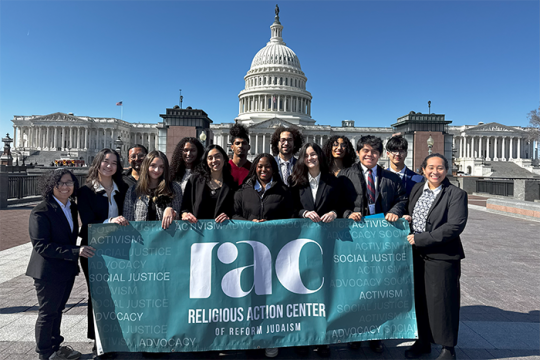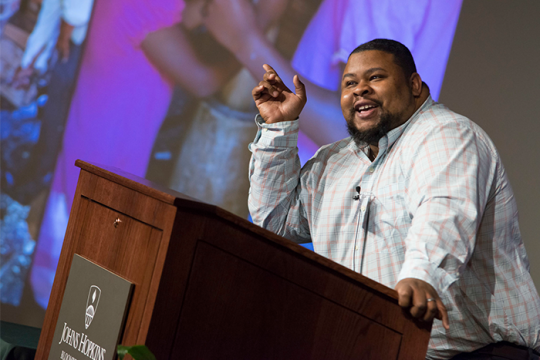Hispanic Heritage Month takes place from September 15 - October 15 and is a month-long celebration of Latinx history and culture. Hispanic heritage encompasses a multitude of different backgrounds, cultures, and religions- including Jews! Hispanic Jews account for about 4% of the Jewish population in the U.S. Meet some notable Hispanic Jews who have made a noteworthy difference in the world-whether that's through influencing policy, magic, or writing a catchy song!
Ruth Behar
Ruth Behar is a Cuban-American cultural anthropologist. Born in Havana, Cuba and raised in New York City, Behar's parents fled to Cuba from Poland and Turkey for an opportunity for a better life before immigrating again to the United States. Raised in a home steeped with Ashkenazi and Sephardi heritage, Behar's background informs her writing in many ways. This year, Behar published "Across So Many Seas" , a story that follows four generations of women as they navigate the world without losing touch with their Judaism.
Referencing her book in a 2024 interview with Kveller, Behar said:
"We have few stories in American literature about Sephardic young people or about Jewish Latina/Latino/Latinx kids. There's a beautiful heritage that comes from Spain and the other América across the border."
David Blaine
Known around the world as a world-class magician, David Blaine has followed in the footsteps of other famous Jewish magicians, including Harry Houdini and David Copperfield.
Raised in Brooklyn, Blaine's mother is of Ashkenazi Jewish ancestry and his father was of Puerto Rican descent. Blaine rose to fame in 1997 when his first television special, "David Blaine: Street Magic," premiered on ABC. More recently, Blaine has a residency in Las Vegas where he showcases the magic tricks that put his name on the map.
Quiara Alegria Hudes
Quiara Alegria Hudes is a Pulitzer Prize-winning playwright. Her most famous work is the Tony Award-winning Broadway musical "In the Heights," which she also adapted for film. Both works were products of her collaboration with Lin-Manuel Miranda.
Raised in West Philadelphia, Hudes is the daughter of a Puerto Rican mother and a Jewish father. Speaking in a PBS interview, Hudes described her family as "the American story." In 2021, Hudes released a personal memoir, "My Broken Language," which details her life growing up as a Puerto Rican Jew in America.
Gabe Saporta
Rising to fame in the 2010s with his band Cobra Starship, Gabe Saporta is a Uruguayan American. Saporta is descended from Ashkenazi and Sephardi immigrants who fled Europe during World War II.
Although Cobra Starship is most remembered for their 2009 hit, "Good Girls Go Bad," Saporta paid homage to his Jewish heritage in 2021 by releasing a parody of their song "Party with You:" "Party with Jews," just in time for Hanukkah.
Saporta currently works in management and artist development at his company TAG Music.
Bonus: Claudia Sheinbaum
Claudia Sheinbaum is not American, but she will begin her first term as the first female and Jewish president of Mexico in the middle of Hispanic Heritage Month.
Born in Mexico City in 1962, Sheinbaum is the granddaughter of Eastern European immigrants who fled the Holocaust in Europe. Although she is not religiously affiliated, Sheinbaum considers herself culturally Jewish.
After reading this, perhaps you've discovered a new book to read, play to see, or band to listen to, all of which are great ways to begin centering Hispanic Jewish voices. Listening to the experiences of those in our communities with intersectional identities helps uplift voices that have been historically marginalized as we continue working to build communities of belonging for all people.
Related Posts

Reflection, Discussion, and Action: Jews of Color Fellowship

Meet Four Black Jewish Leaders






